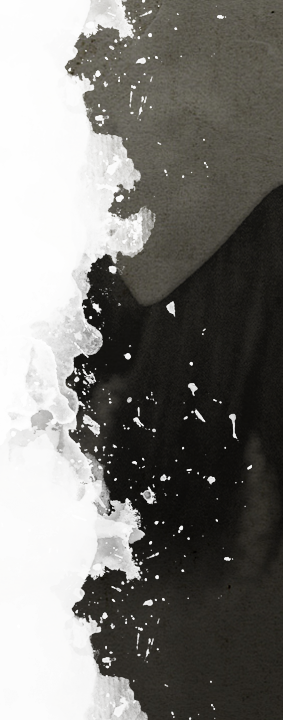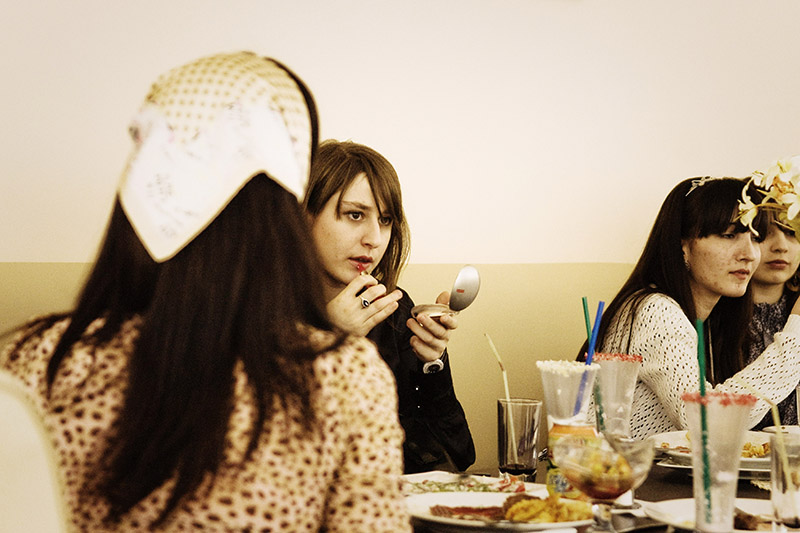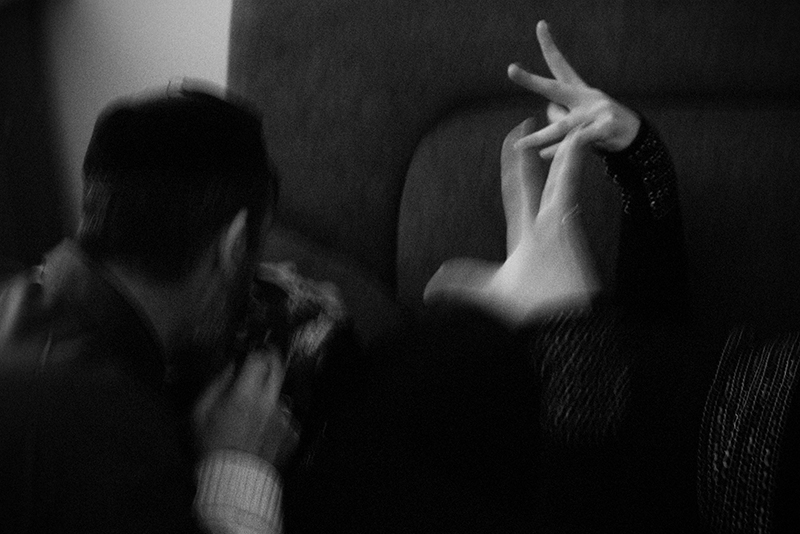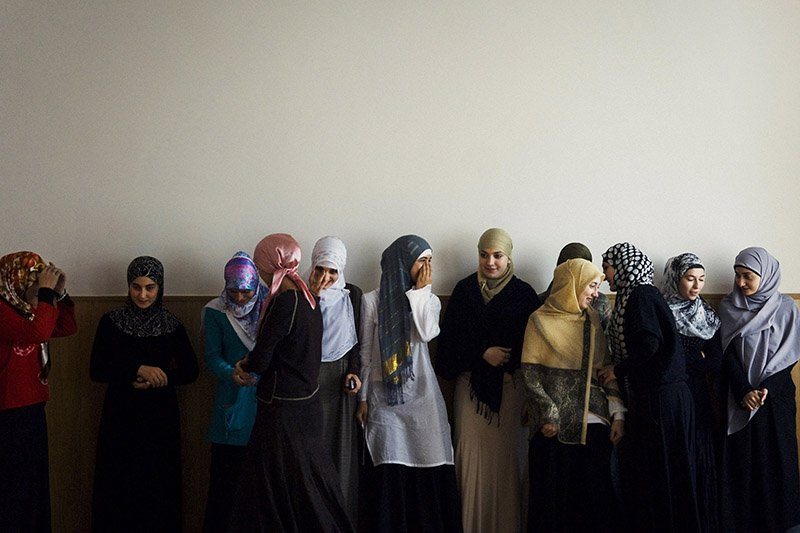Libkhan Bazaeva, the founder of “Women’s Dignity” charitable organisation
In our society, when it comes to women, there is always a problem of control over the life of a woman. From the very minute a baby girl is born and up to the moment that she comes of age, there’s an attempt to keep her under control. The moral requirements for a woman and for a man differ drastically. Men have, say, at least 50% more permission and indulgence, if not more. It’s hard to determine exactly. That is precisely what is called a lack of gender equality.
The notions of a decent woman vary significantly in different social groups.
Well, there’s an extreme version of a different take on the problem, when it is considered that a decent woman is one who is totally subdued in her family, be it her father’s family or her husband’s, doesn’t matter which. And she would never overstep the boundaries imposed by her family. So that woman who, strictly speaking, has no will of her own, no independent thought, who is completely passive – she is considered a good woman. Personally I think that she may be good for this particular society, for this circle in the sense of preserving their mentality. But if you consider her by herself, she is an undeveloped personality, and she is not a free human being. So such women obediently marry whomever they’re told to, humbly live as second / third / etc. wives, submissively suffer and die from that life, those stresses, those hardships.
There’s a huge imbalance now in terms of free time for men and women. Women are busy with much more work than boys or men are. Working men don’t have enough money anyway, because all jobs here are very poorly paid. Therefore a woman is trying to fill this gap and find some sort of activity for herself - it may be a business, however small, or maybe she’s doing the housekeeping, gardening, or vegetable-growing. So it often happens that independent boys are in reality very much depend on their own wife who’s sitting home with the kids, so he tries to meet her demands because she puts more work into the family.
I believe that all the problems of our age have arisen because the emancipation of women – even though it’s a good thing, or “cool” as my kids say – has its consequences. That’s because the emancipation of women implies the emancipation of men in the first place. It’s impossible for men to be emancipated and yet for women to remain unemancipated.
But for some reason, men resist that. They think: we are the elite, we can have everything and realize ourselves fully, and women have to be completely different and cannot be allowed all that. But it turned out that nobody was waiting for permission and that everything just happened anyway. And sometimes women’s behavior is shocking to men, even though it should be perceived as normal. It’s difficult for men, but it’s also difficult for women to go through this stage, and everybody’s confused.
Social media exerts a lot of pressure on people. On one hand, there’s a liberation from all prohibitions, both religious and ethical. And having been liberated, people tend to try everything. And when people try everything, they are bound to lose something in their soul, in their picture of the world. And here one should ask certain questions. Say, you watch those programs, those ‘night’ channels. Moreover, you don’t even have to tune to a ‘night’ channel. Take any movie produced in Western Europe or even any Russian movie, and you inevitably find a sex scene or a love scene. In the past we used to close our eyes in the movie theater whenever a man and a woman on the screen were getting closer to each other, even just their faces. We would close our eyes or run away to another room, even young men would feel shy. And now people have become used to that.
I notice how my own kids in my family – girls about eleven or twelve years old – just sit and watch calmly. They are not surprised when people start kissing. Nobody really cares any more, as long as there are no scenes involving nudity. If it comes to that, even grown-ups begin to fidget. In our family, my husband is “the master of the remote control.” But he is elderly and his reaction is rather slow. And before he understands what is going on I scream: “Change the channel. Let’s watch something else.” And he goes: “What?” – “Give me the remote!” And I just grab the remote. And my grown-up son is laughing and says: “You are such fun company to watch TV with…” And meanwhile the kids have already understood everything. If they’ve already watched through half of the scene, of course, they would understand.
That kind of unpleasant situation happens with us every now and then. Because we belong to different generations, there are three generations in one household. Whatever is unethical to us is more or less acceptable to my son and his generation and absolutely natural for the third generation. That’s a contradiction. And we are a Chechen family, a big one. We share one guest-room and we have only one TV set, thank God. Otherwise everybody would be watching whatever they please. On one hand it’s a way to control things, but on the other hand it’s really hard.
I'm constantly trying to understand the feelings of those who watch that, of the boys. The boys get used to such culture. But it doesn’t occur to them that women have access to TV as well. And later, when our boys get married, they expect to find innocence, shyness, and lack of knowledge in their wives. Then after a certain stage they get tired of their shyness, innocence, frigidity and lack of emotions. On the TV screen they’ve seen something different, so they want an active woman. And these contradictions start to take effect, and marriages end up in divorce. And it’s not always boys who ask for divorce. Sometimes it’s girls.
You cannot stop these processes and changes and it would be wrong to try to do so deliberately, but it’s necessary to regulate them somehow.
Another question is: who’s going to regulate them and how, by what means? That is precisely the question, because whatever the goal is, it never justifies the means. I think that forceful regulation of moral and ethical matters will never be successful. It requires very serious efforts from the most progressive part of society: the thinking part. We need intellectuals to work on that.
Customs and traditions, that is, stereotypes, appear in certain historical epochs, because they are needed, they are brought about by life itself. In other times the very same traditions die off and become useless or even harmful.
It all needs to be studied. I think we need scholars here, sociologists, psychologists, historians and philosophers.




























